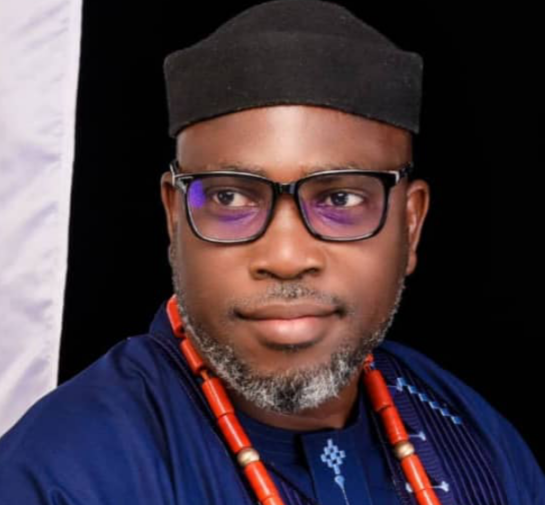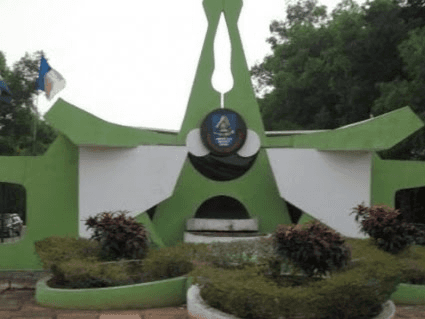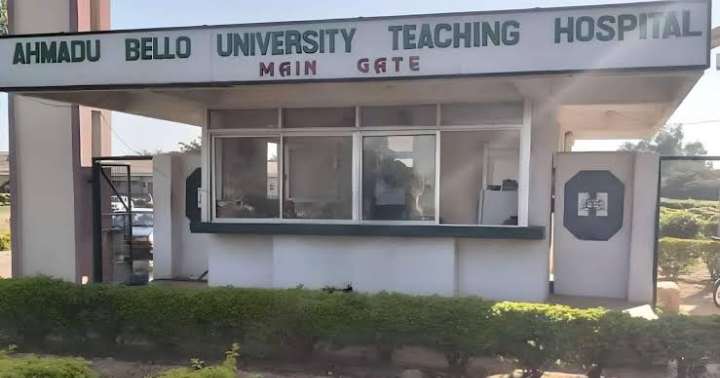Fasanmi, Nigerian scholar makes breakthrough in autism research


By Omobolanle Omotunde
A Nigerian who hails from Ilogbo-Ekiti in the South-West of Nigeria found out new research rhetoric in the study of autism. Samuel Fasanmi, in his dissertation titled ‘Retrospective Narratives Generated by Autistic and Non-autistic Individuals: How Are They Perceived and Evaluated?’ answered the double empathy problem differently by examining how neurotypical and autistic individuals would perceive narratives generated by autistic individuals in a non-social setting.
The study is a clear departure from Alkhaldi et al. (2021), where social setting was a factor. Due to the fact that both neurotypical and autistic people produce the narratives, it represents a methodical advancement over earlier research on readability issues relating to retrodiction. The cross-sectional study utilised secondary data and analysed 120 narratives that were generated by 20 participants with different autistic statuses.
The thriving literature on double empathy gained another argument from Fasanmi, which might account for the participants’ unfavourable attitudes toward the texts they produced. The study contributed to the progress of methodology in psychology by being the first to examine different psychological themes derived from narratives produced by individuals diagnosed with autism spectrum disorder (ASD) in a non-social environment, thus introducing a novel approach.
Fasanmi creatively took out several psychological themes from the Linguistic Inquiry and Word Count (LIWC) streams. These themes are cognition (Rosen et al., 2019), lifestyle (Bellon-Harn, 2022), emotion (Thin et al., 2018), social support (Saha & Agarwal, 2020), and affect (Bellon-Harn et al., 2019). This is a rare research ingenuity.
The study supports Milton’s double empathy theory, as it supports the narrative states of both autistic and neurotypical narrators. However, the study found no interaction effect between narrative state and autistic status on linguistic patterns, indicating that linguistic patterns do not determine autistic status in non-social settings. The findings contribute to the ongoing debate on the relationship between autism and narrative states in language analysis and communication.
Amir Sharif, professor of communication economy and dean at the Faculty of Management, Law, and Social Sciences, University of Bradford, announced Fasanmi as the winner of the Prize for Best Dissertation in MSc Psychology in a letter dated November 24th, 2023.
Prof. Peter Mitchell, former editor-in-chief of the British Journal of Psychology (2007-2012), a BPS flagship periodical, and the current chair of the developmental section of the BPS, who supervised the dissertation, could not hide his admiration for this Nigerian scholar by commenting that the dissertation is “an exemplary piece of work”, describing Fasanmi as being “extremely professional and competent.” Mitchell was also the Head of the School of Social Sciences and a visiting professor from Nottingham University. He remarked further that Fasanmi did a great work and that he was happy to have such a capable student as good as Fasanmi. The scholar got 79% in his dissertation and a record landmark score of 76% to clinch the prestigious award.
Fasanmi, who won a merit-based financial aid package of a $78,700 annual grant at Fordham University in the United States in July 2023, had obtained 13 different grants in the last 10 years.
Reacting to the news of the award, Fasanmi described his supervisor as “a mentor, top-notch academic, teacher, and a renowned professor of psychology.”
According to him, Prof Mitchell has exuded golden touches in the field of developmental psychology and his particular interest in the mental health of autistic individuals is evident in the award-winning study. He thanked the Vice Chancellor of the University of Bradford, Professor Shirley Congdon; the Head of the Department of Psychology, Dr. Paul Sullivan, the Dissertation Coordinator, Dr. Eleanor Bryant, other lecturers in the Department of Psychology, and his friends who supported him in achieving this rare feat.







